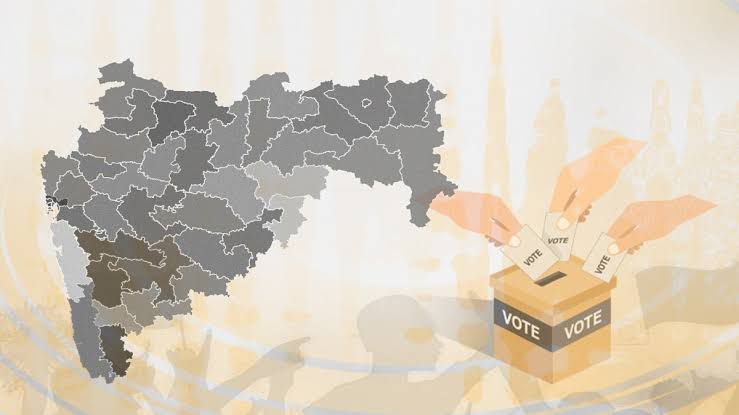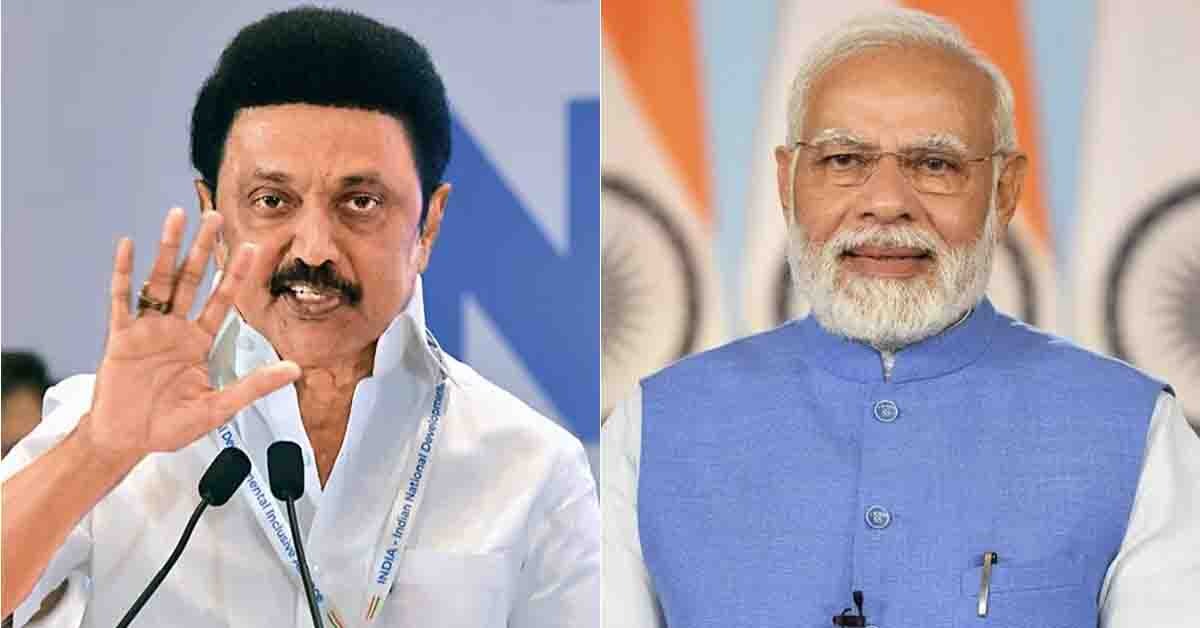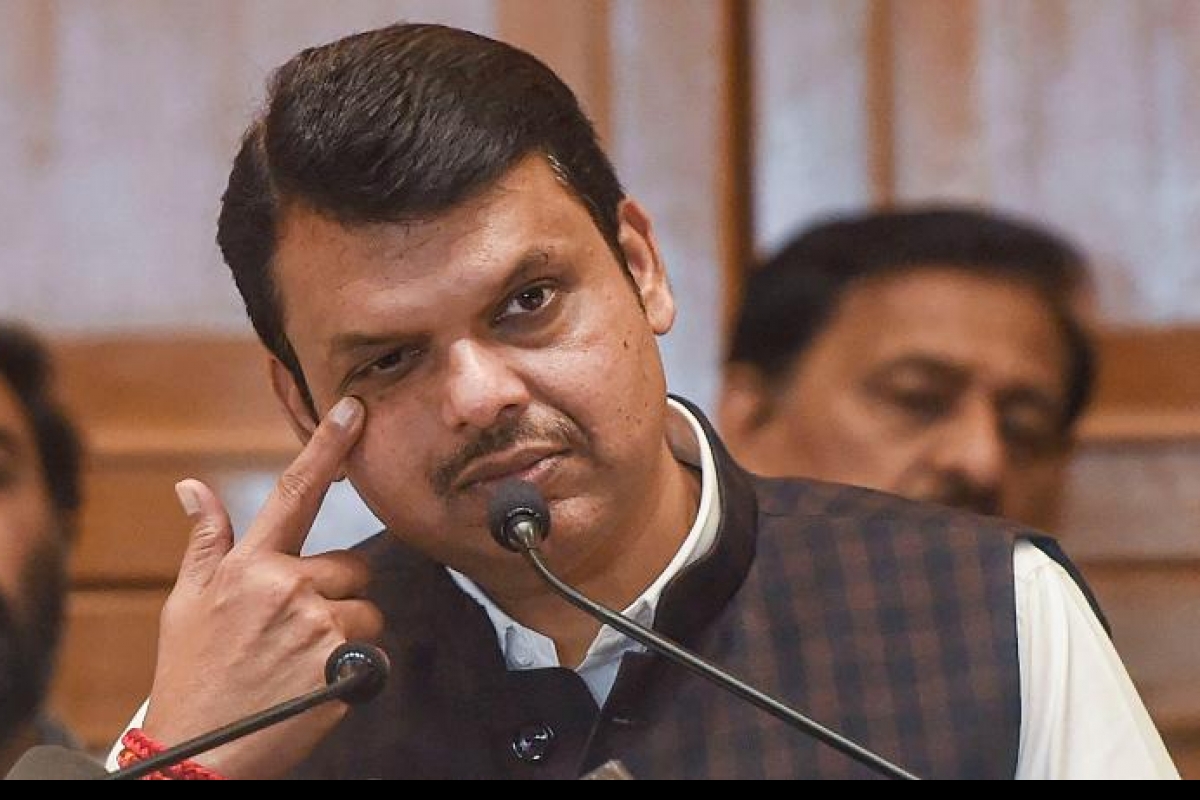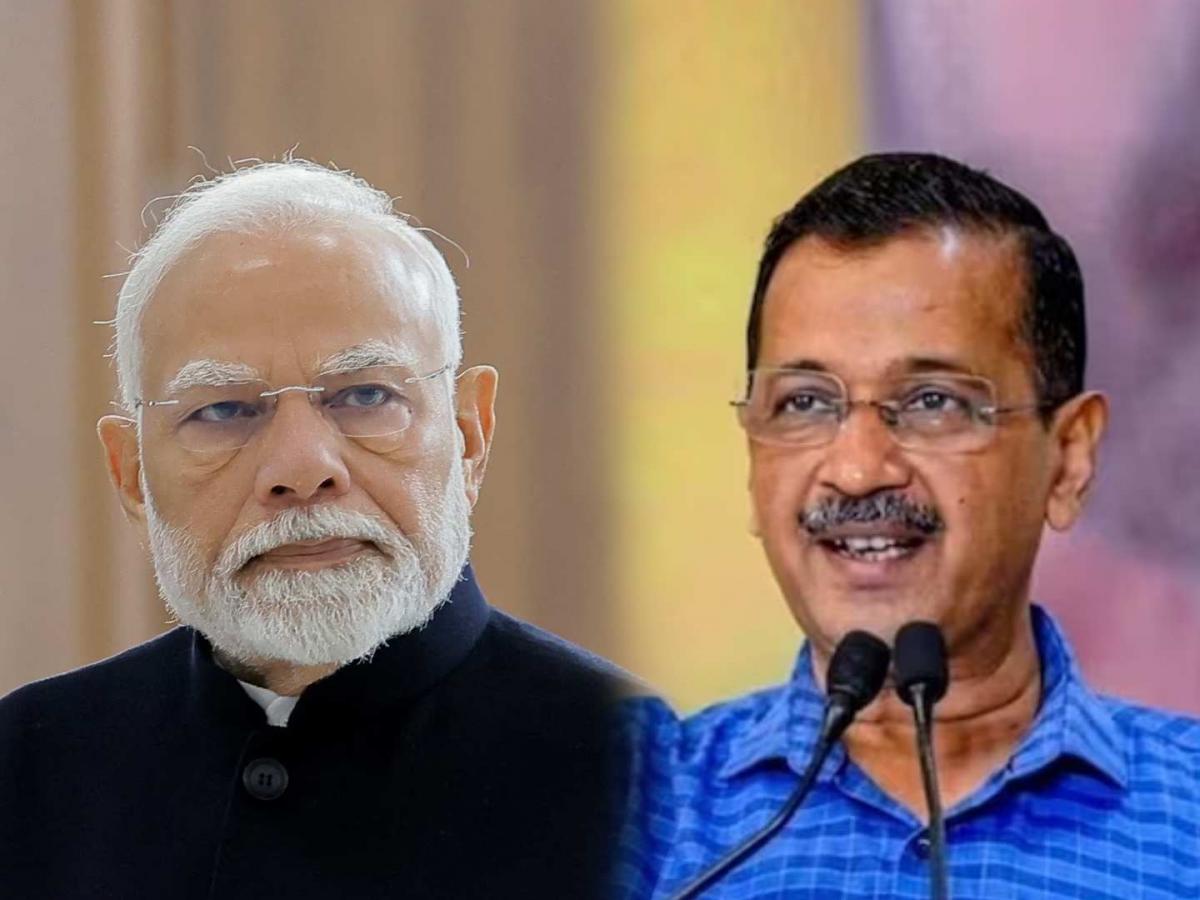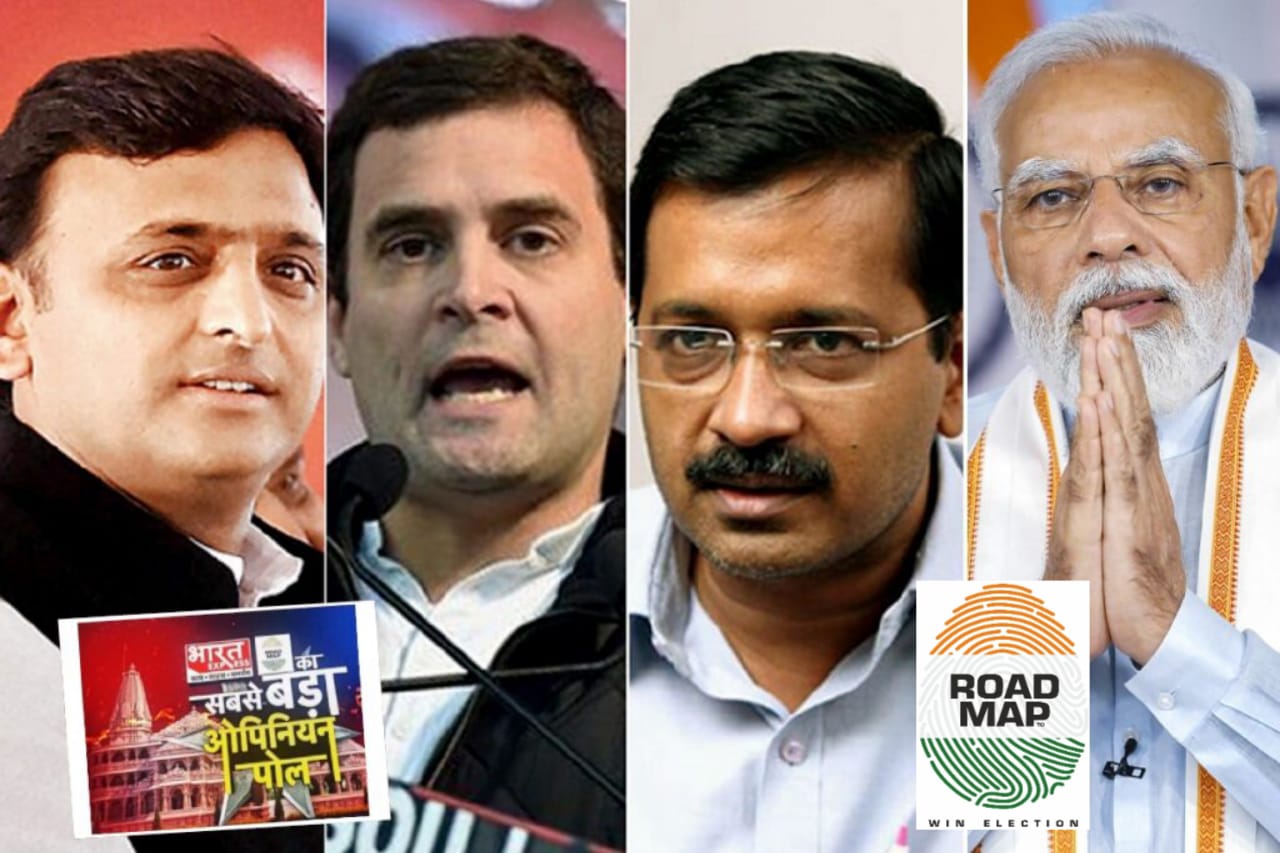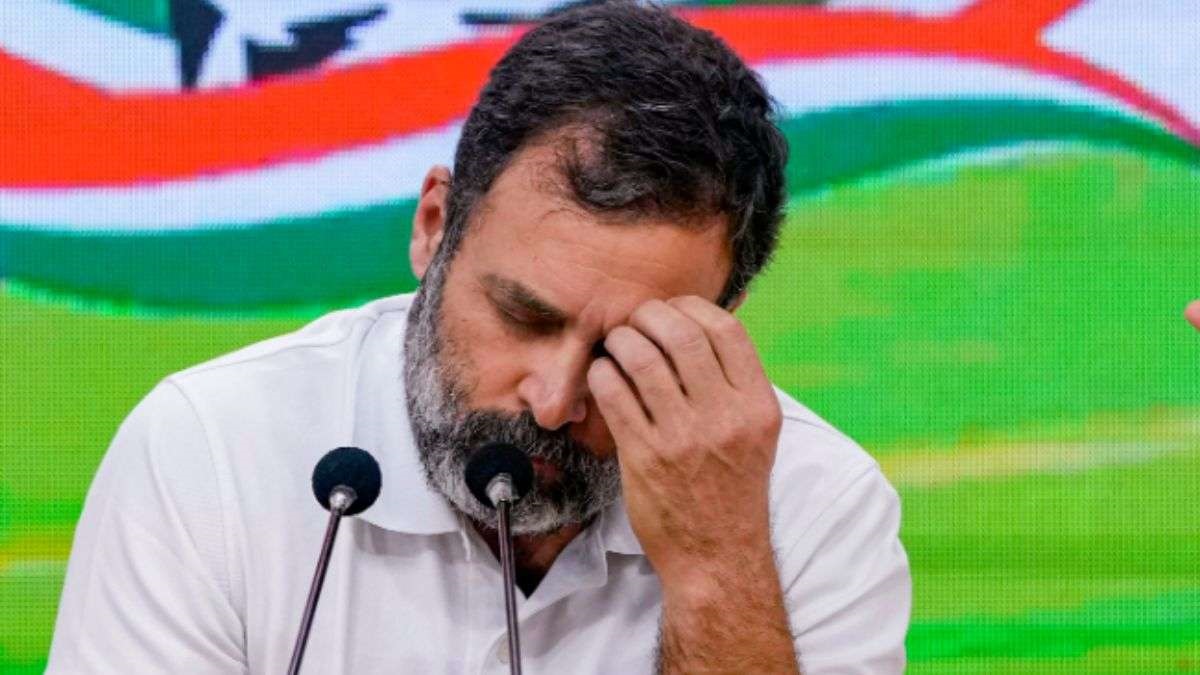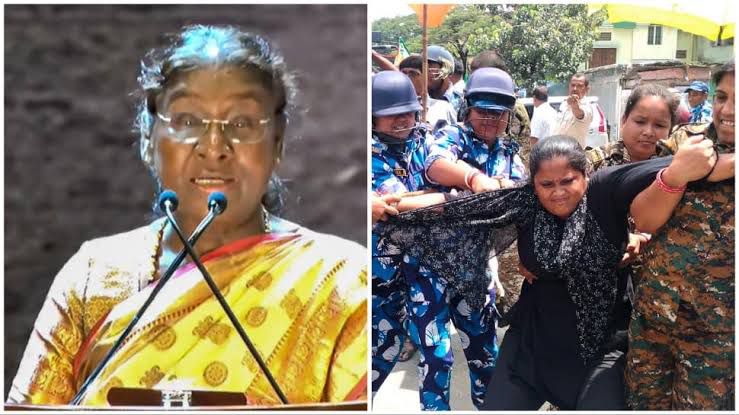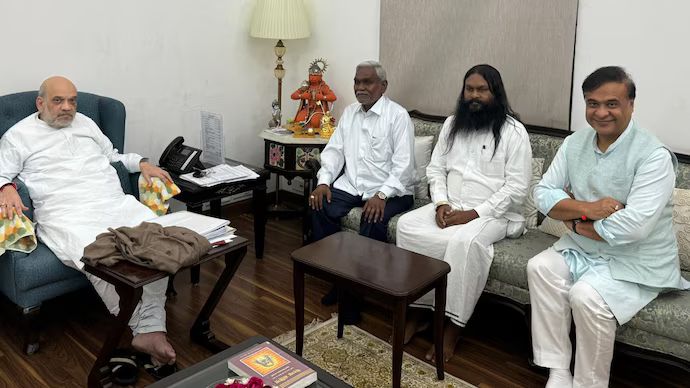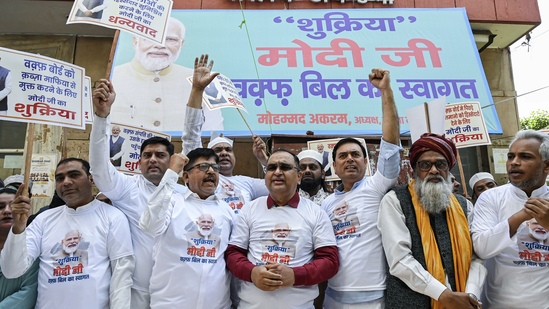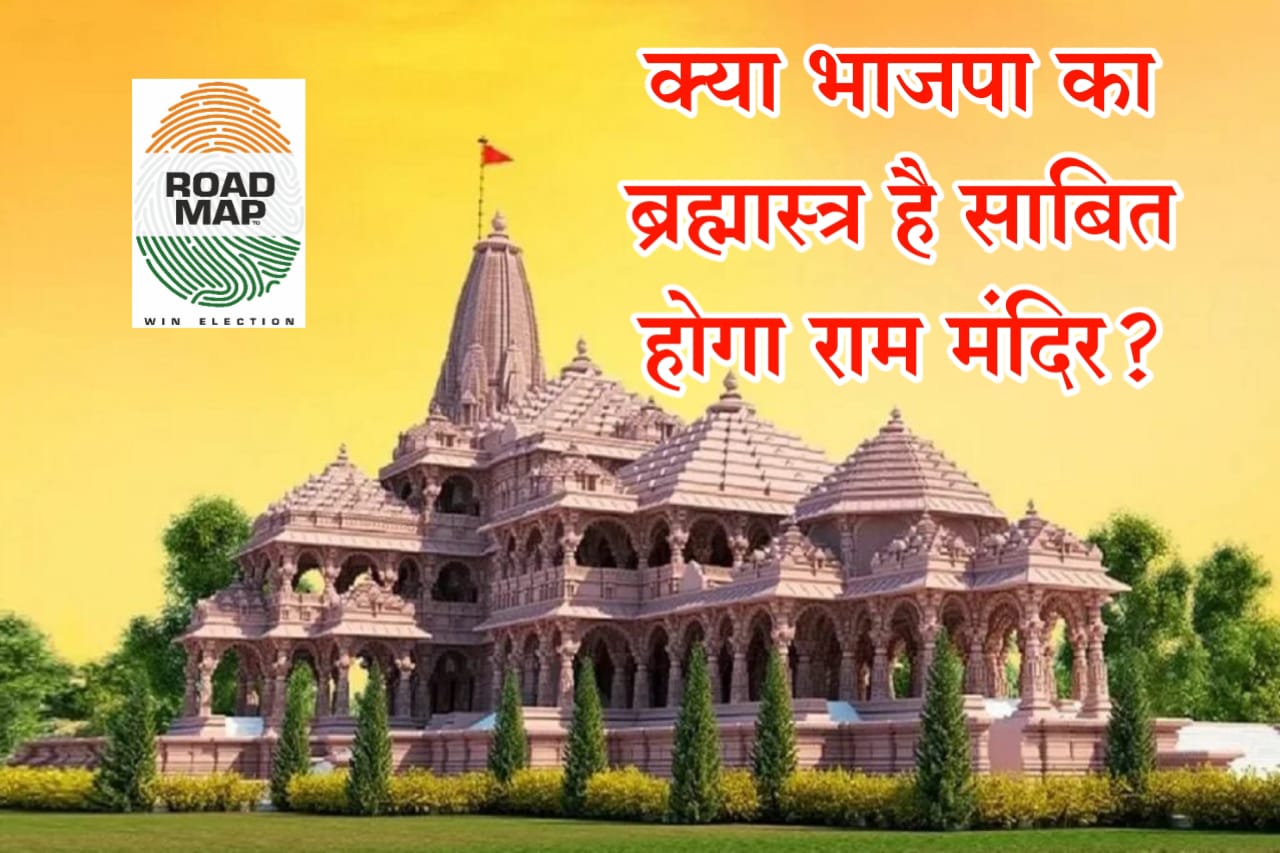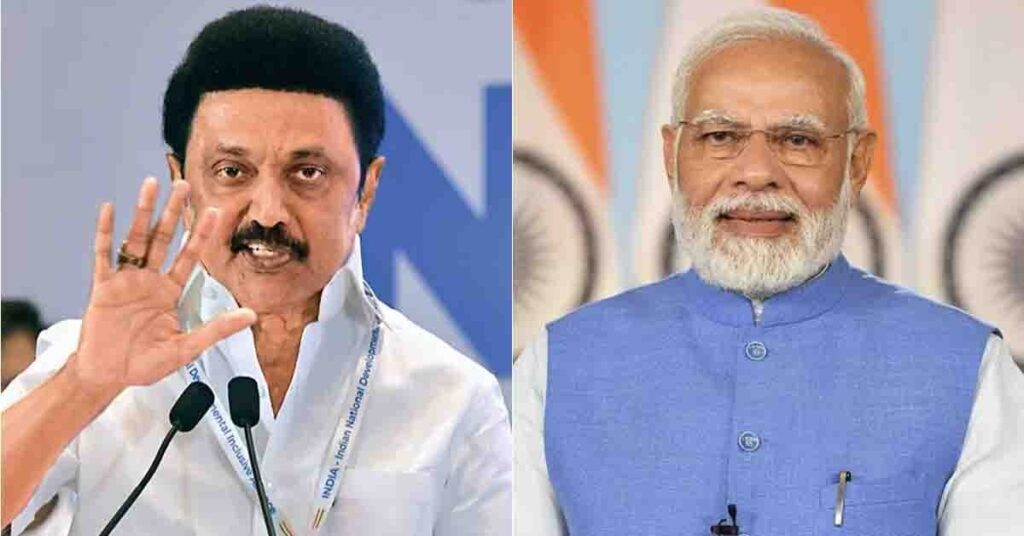By Sunil Mishra, Poll Research Scholar & Founder, Roadmap to Win Research
Delimitation, the process of redrawing constituency boundaries, is essential for fair representation in India’s democracy. Despite being a regular exercise since independence, Tamil Nadu’s recent opposition, led by CM M.K. Stalin, has created political havoc. The demand to freeze Lok Sabha and Assembly seats for another 30 years is a blatant attempt to block electoral corrections.
Sunil Mishra, poll research scholar and founder of Roadmap to Win Research, has worked with several experts who emphasize that delimitation is crucial to maintaining electoral balance. Without it, voter disparities—like Bangalore North’s 3.2 million electorate compared to Udupi-Chikmagalur’s 1.6 million—will continue to undermine democratic fairness.
The opposition to delimitation is a political gimmick, not a constitutional argument. The need of the hour is a balanced approach, such as weighted representation and intra-state adjustments, to ensure fair and proportional seat allocation. Sunil Mishra, author of Roadmap to Win: Election in the Last Hour, who has helped several political parties and candidates win elections, asserts that delimitation is an urgent necessity to uphold India’s federal and democratic principles.
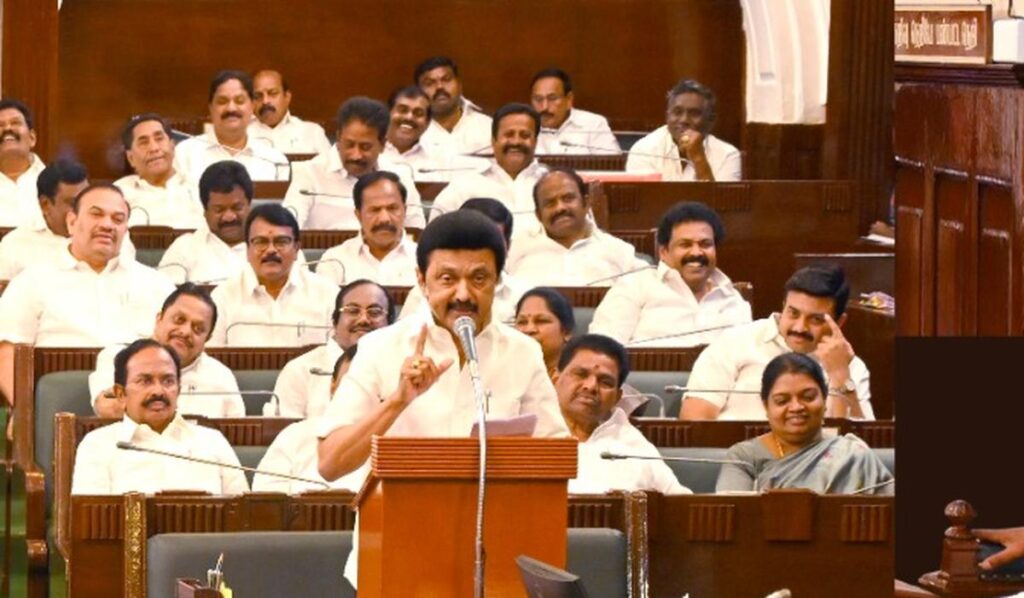
The recent uproar by the Tamil Nadu government against the upcoming delimitation process is nothing short of political havoc aimed at obstructing a constitutional mandate. Delimitation, the redrawing of constituency boundaries, is a periodic necessity to ensure fair representation in a democracy.
Since India’s independence, this process has been undertaken regularly to reflect changing demographics, uphold the principle of “one person, one vote,” and maintain electoral integrity. However, Tamil Nadu’s call to freeze Lok Sabha and Assembly seats for another 30 years is a blatant attempt to disrupt this fundamental democratic exercise.
The Politics Behind the Resistance
Tamil Nadu Chief Minister M.K. Stalin’s all-party meeting on March 5, 2025, which demanded an indefinite freeze on delimitation, is a clear attempt to manipulate the electoral system in favor of southern states. The primary argument is that Tamil Nadu and other southern states, having successfully controlled their population growth, will lose parliamentary representation if delimitation is based on census data. While this concern has some merit, the demand to indefinitely postpone delimitation is neither practical nor democratic.
The Indian Constitution clearly states that seat apportionment should be carried out “as far as practicable,” ensuring fair representation without penalizing states for their development.
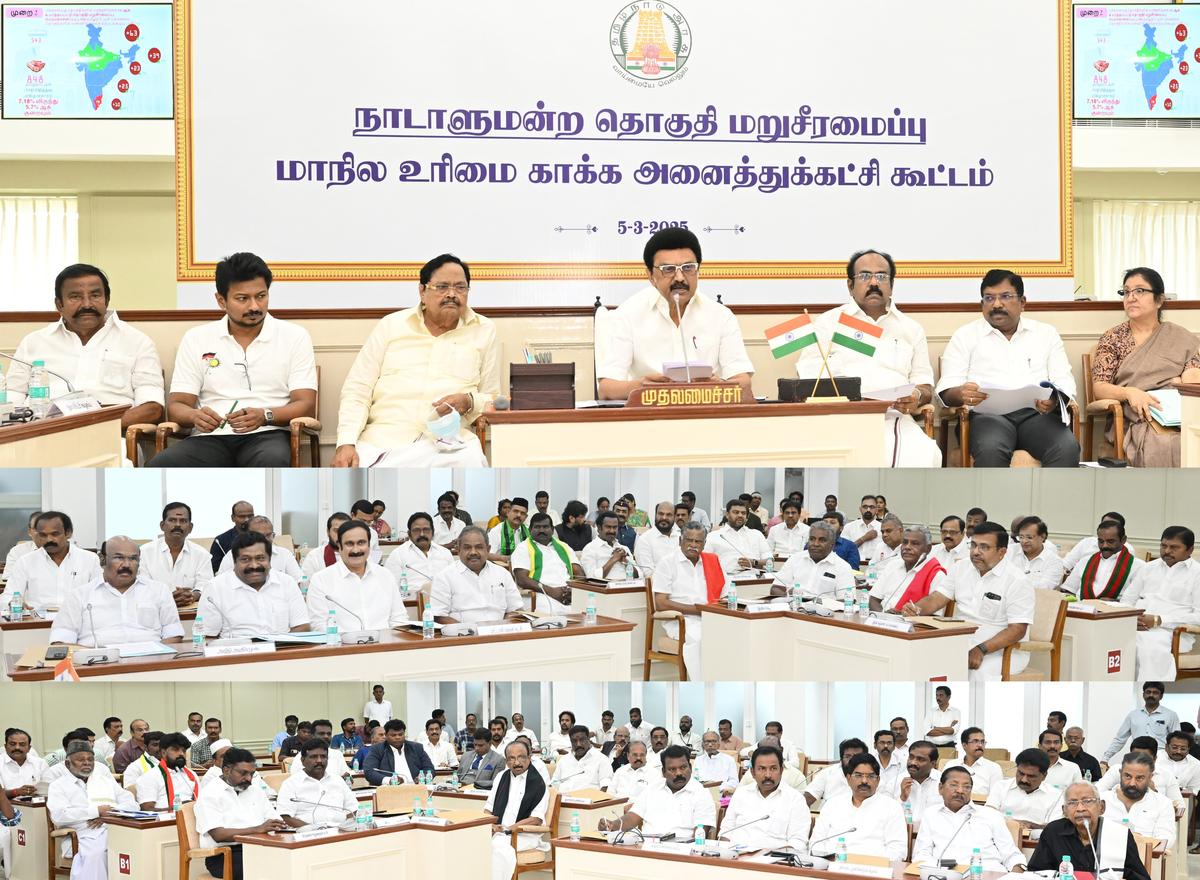
The problem is not delimitation itself but the politically motivated resistance to it. Experts in electoral research widely agree that delaying this process will only deepen regional disparities and create further imbalances in representation. The idea of freezing seats indefinitely goes against the very principles of democratic evolution.
Why Delimitation is Essential?
As a poll research scholar and someone who has worked with numerous political parties and candidates, I (Sunil Mishra) have engaged with several experts on this issue. Their consensus is clear: delimitation is a regular process since independence and is crucial to ensuring a fair electoral framework. Without periodic constituency realignment, voter representation becomes skewed, and democracy is undermined.
Consider the stark disparities in voter distribution within states. In Karnataka, Bangalore North has over 3.2 million voters, while Udupi-Chikmagalur has fewer than 1.6 million. Similar imbalances exist across the country. If representation is not adjusted to reflect these changes, the very foundation of electoral fairness is shaken. This problem is not just about inter-state representation but also about ensuring parity within states.
Furthermore, delimitation has always been a part of India’s electoral process. The last Delimitation Commission was set up in 2002, following previous exercises in 1952, 1963, and 1973. Opposing delimitation now is a political gimmick, not a constitutional argument.
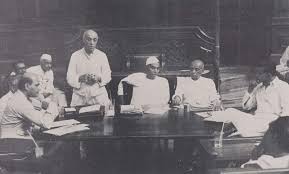
The Need for a Balanced Approach
While the concerns of southern states should not be ignored, solutions must be found within the framework of democracy and federalism. Some proposed alternatives include:
- Weighted Representation: Instead of strict population-based seat allocation, governance performance, economic contribution, and social indicators can also be considered.
- Intra-State Delimitation: Adjusting constituencies within each state to ensure equal voter distribution without affecting inter-state representation.
- Gradual Implementation: A phased approach to delimitation over multiple election cycles can ease the transition.
Conclusion: Delimitation is the Need of the Hour
As someone who has extensively studied electoral strategies and authored Roadmap to Win: Election in the Last Hour, I have seen how electoral imbalances impact democratic outcomes. Delimitation is not just a constitutional necessity; it is an urgent democratic requirement. Ignoring it will lead to disproportionate representation and further political instability.
The havoc created by the Tamil Nadu government is an attempt to resist inevitable electoral adjustments for political gains. Instead of delaying the process, political leaders should work toward a transparent and inclusive approach that ensures fairness while addressing regional concerns. The future of India’s democracy depends on periodic electoral corrections, and delimitation is the next crucial step in that direction.
Roadmap To Winn Research

